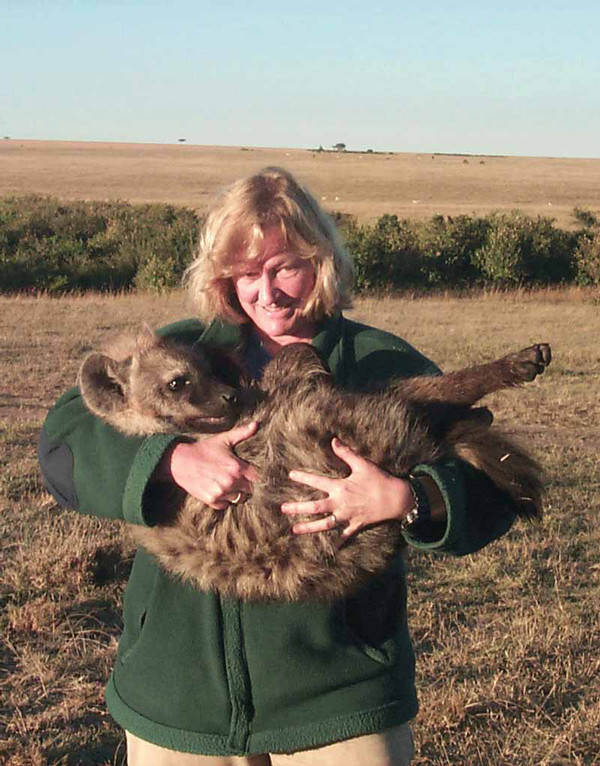Social forces shaping the evolution of intelligence
Time
Friday, 13. December 2019
11:45 - 13:15
Location
Y326
Organizer
Gisela Kopp, Zukunftskolleg
Speaker:
Kay Holekamp, Michigan State University
This event is part of an event series „Animal Sociality Seminar“.
Kay Holekamp is Professor in the Department of Integrative Biology at Michigan State University. Research in her laboratory focuses on mammalian behavioral development, its physiological substrates, the socio-ecological forces shaping it, and its evolution. Kay’s group is currently investigating how social, ecological, and endocrine variables interact during an individual's early development to influence its subsequent behavior, survival and reproductive success as an adult.
Social forces shaping the evolution of intelligence
Although intelligence should theoretically evolve to help animals solve specific types of problems posed by the environment, it is unclear which environmental challenges favor enhanced cognition, or how general intelligence evolves from domain-specific cognition. The social intelligence hypothesis posits that big brains & great intelligence have evolved to cope with the labile behavior of group-mates. Here we exploit the remarkable convergence in social complexity between cercopithecine primates and spotted hyenas to test predictions of the social intelligence hypothesis in regard to both cognition and brain size. Behavioral data indicate that there has been considerable convergence between primates and hyenas with respect to their social cognitive abilities. Moreover, compared to other hyena species, spotted hyenas have larger brains and expanded frontal cortex, as predicted by the social intelligence hypothesis. However other evidence suggests it is unlikely that domain-general intelligence can evolve exclusively in response to selection pressures imposed specifically in the social domain.

